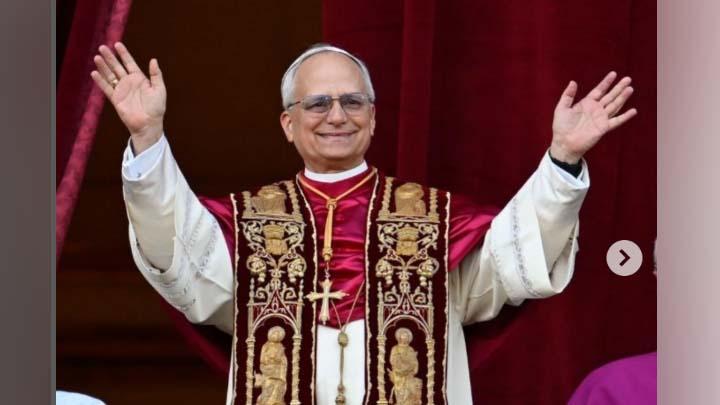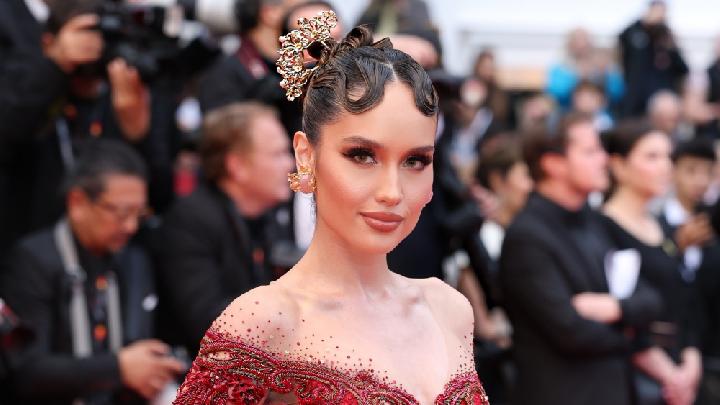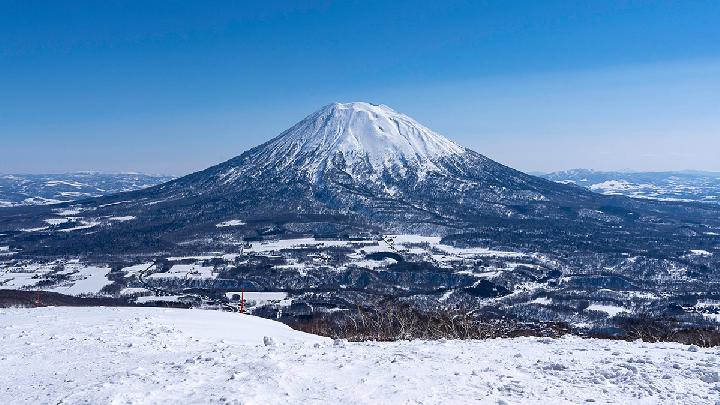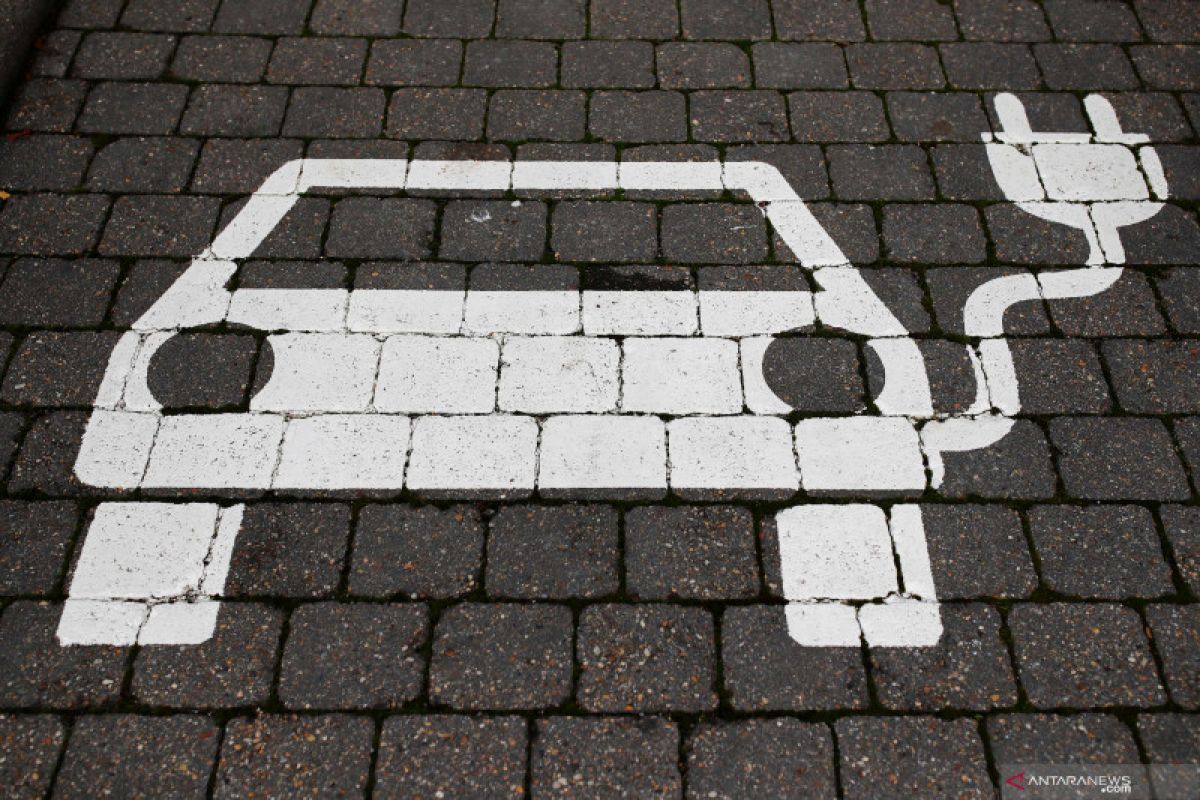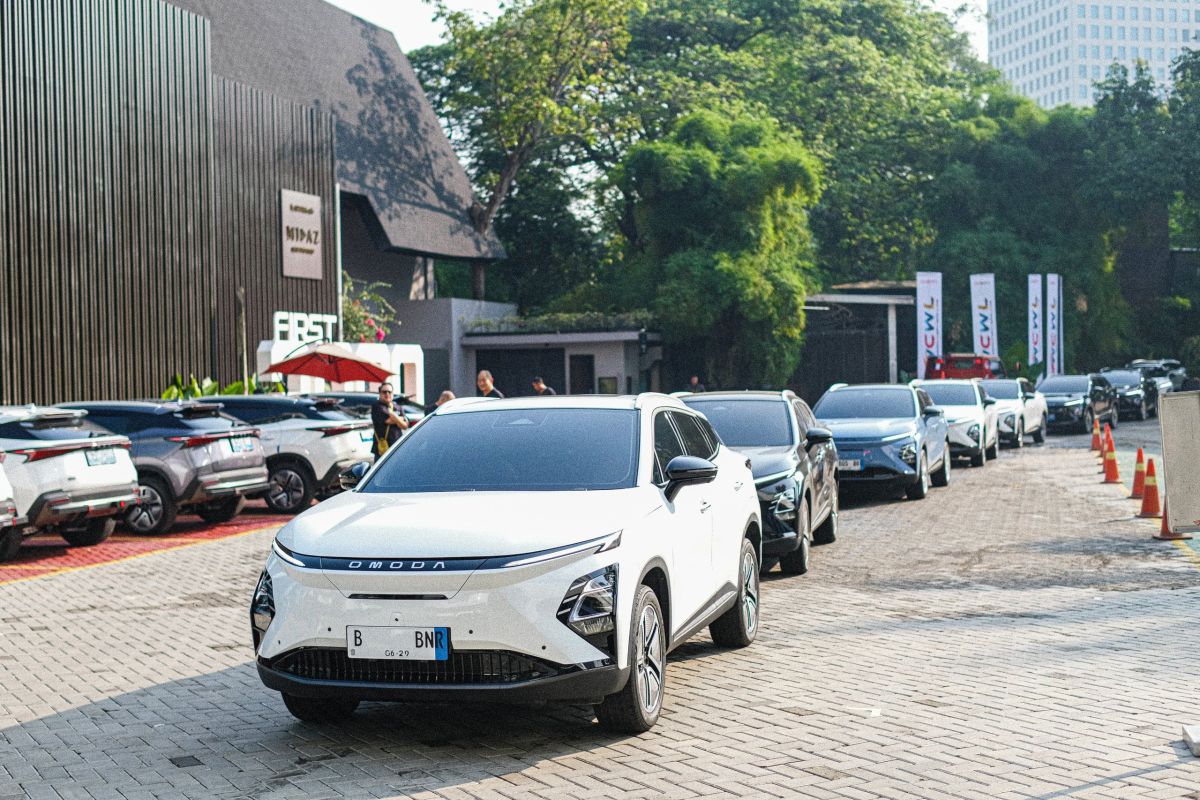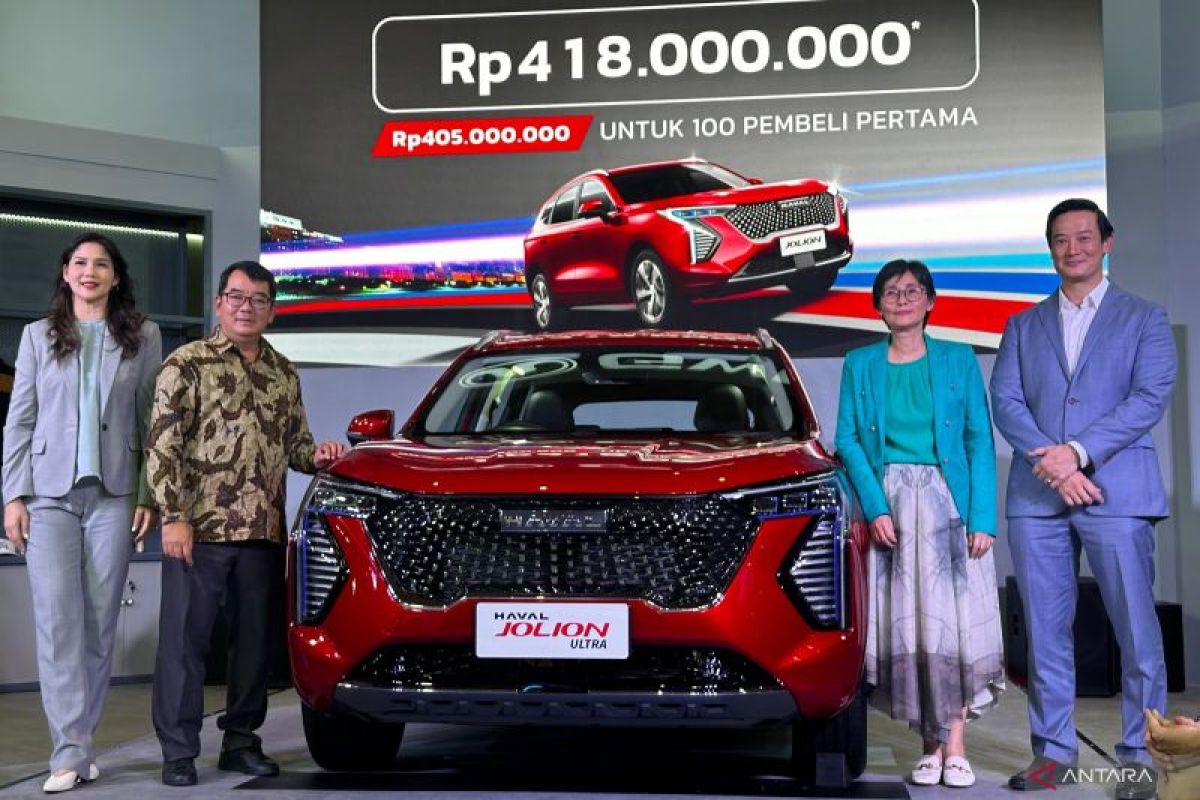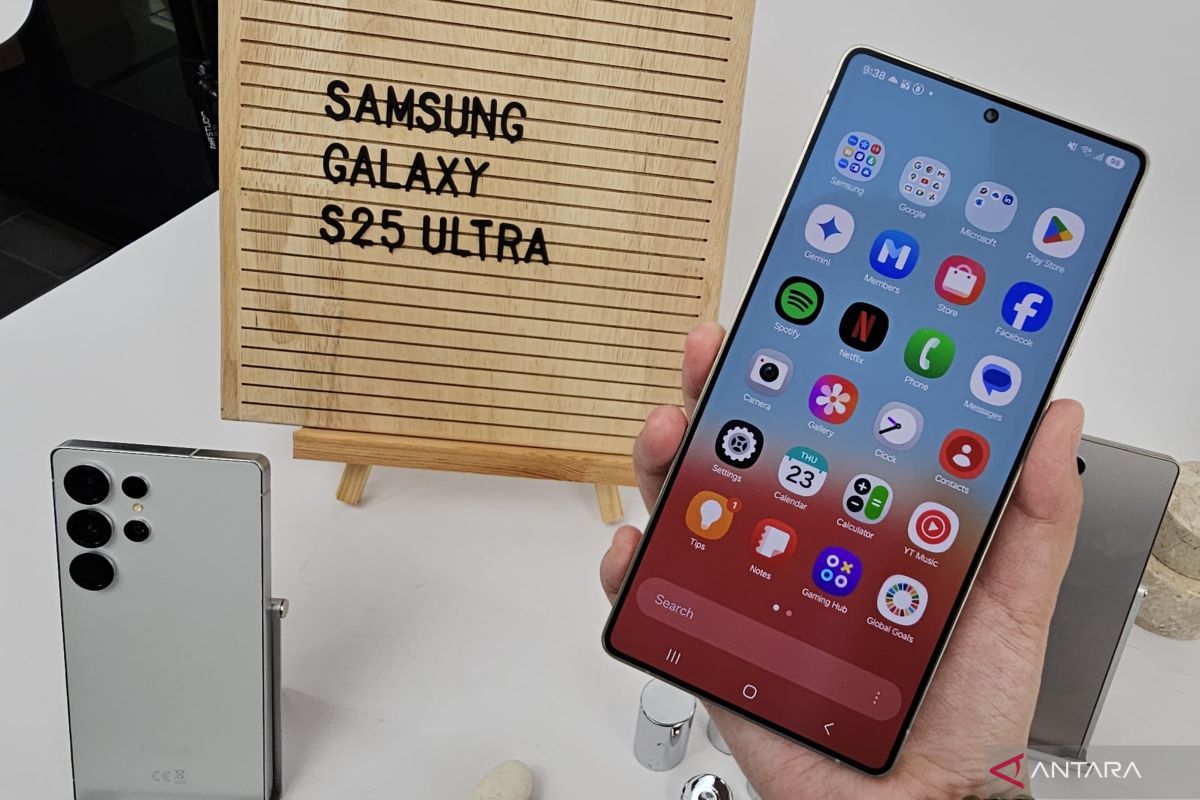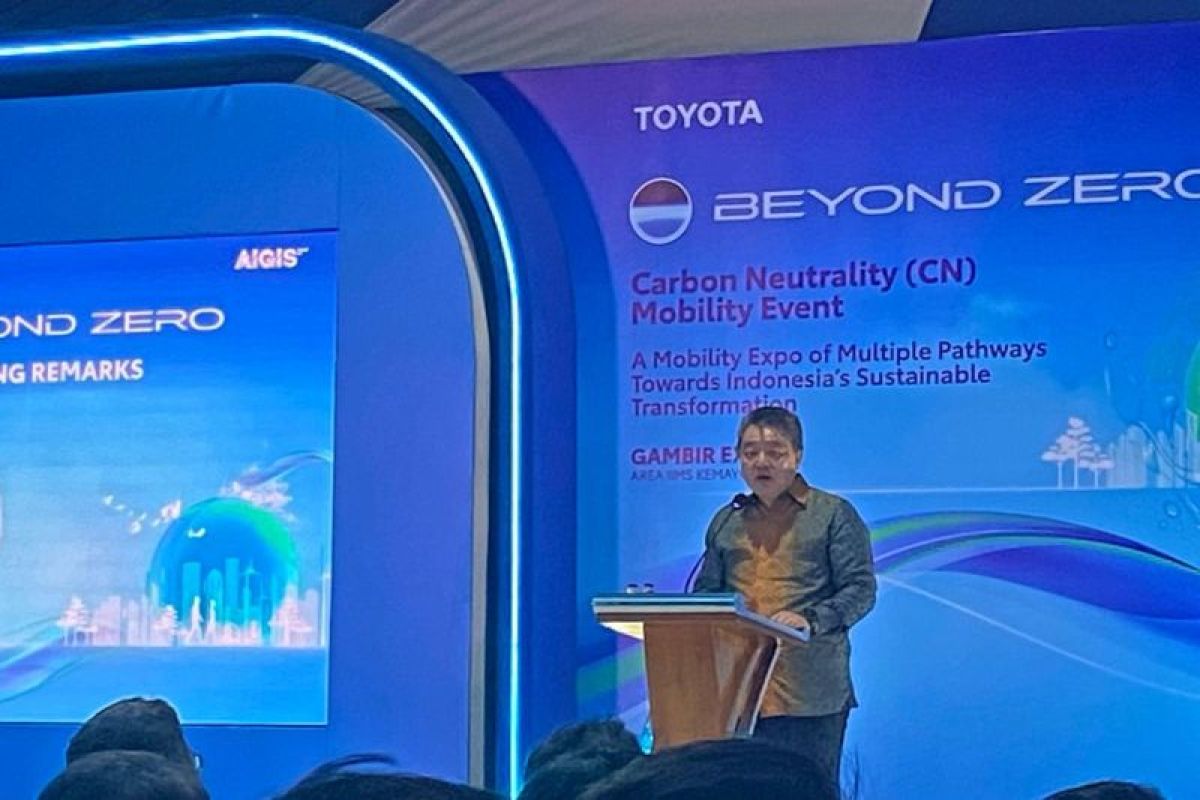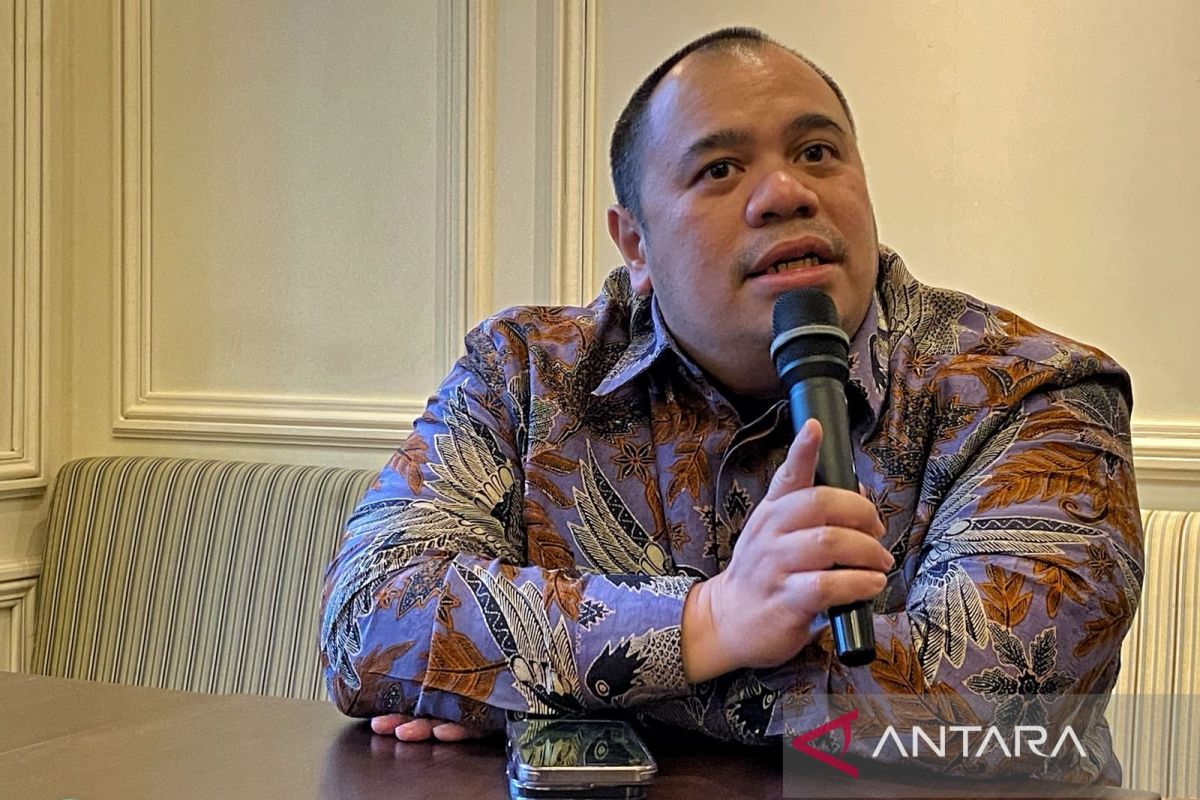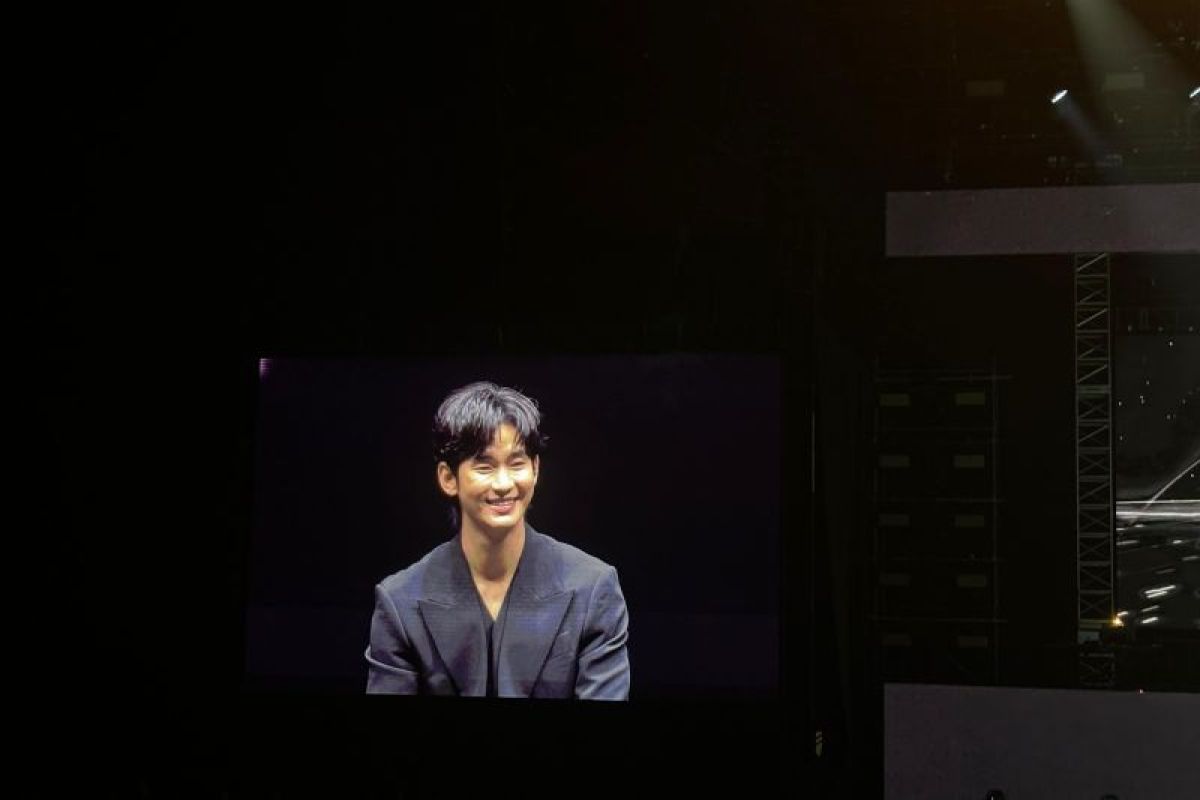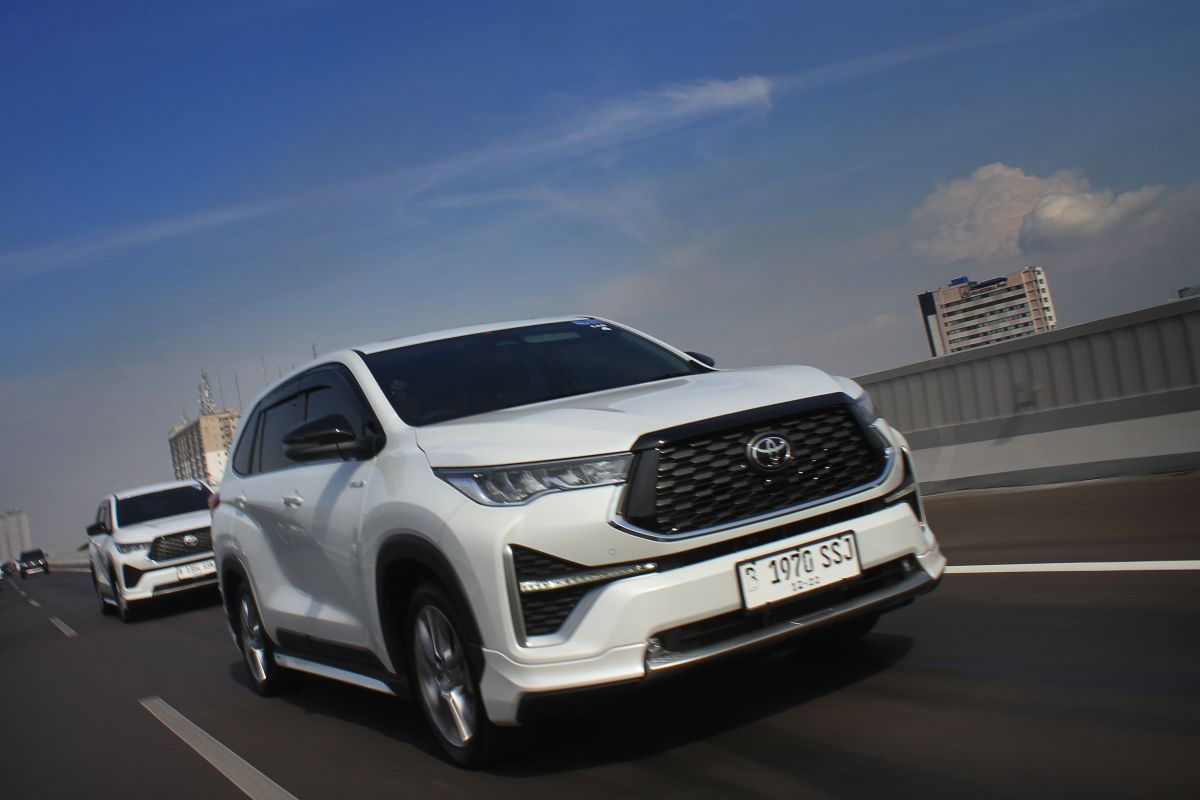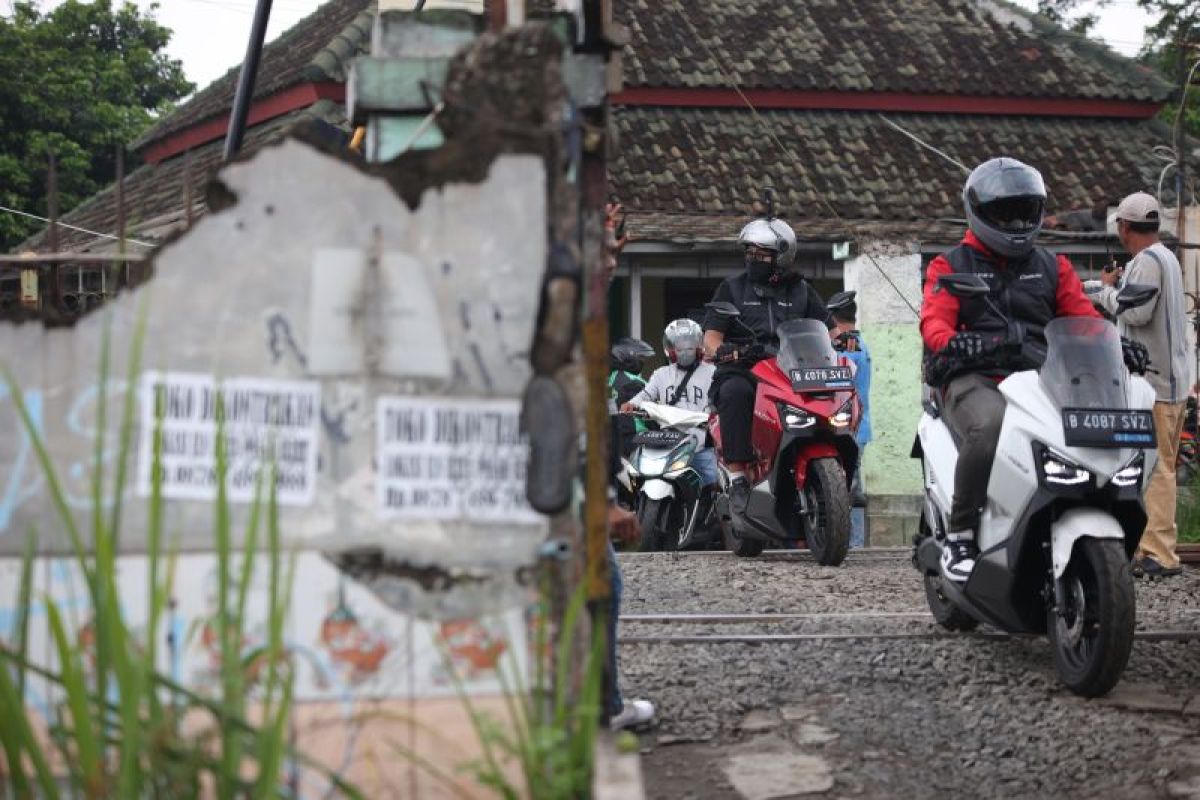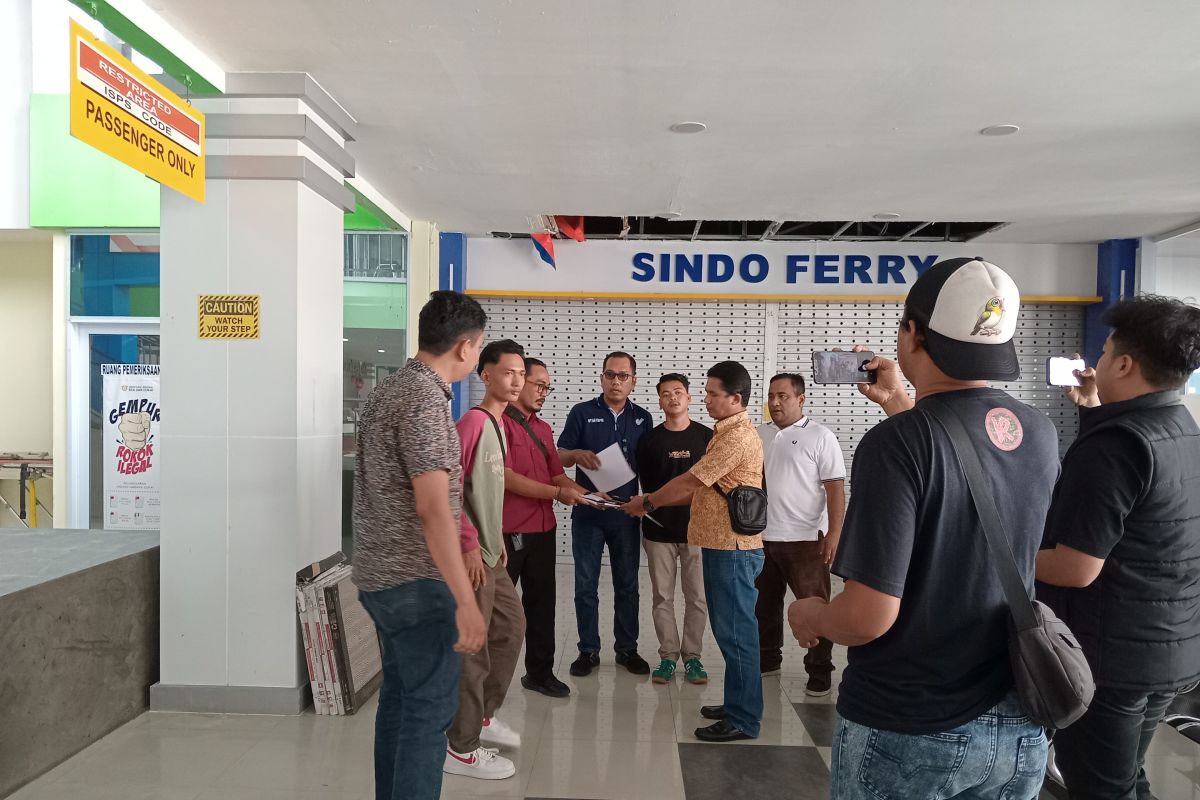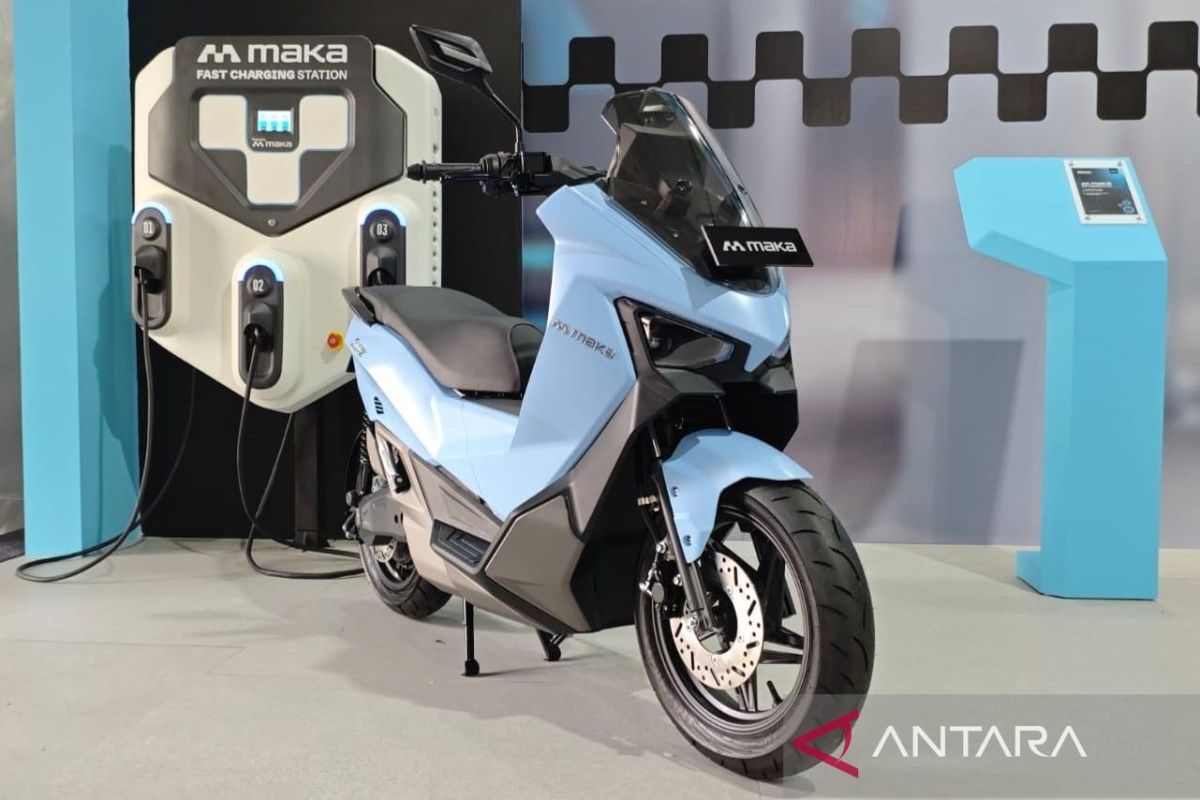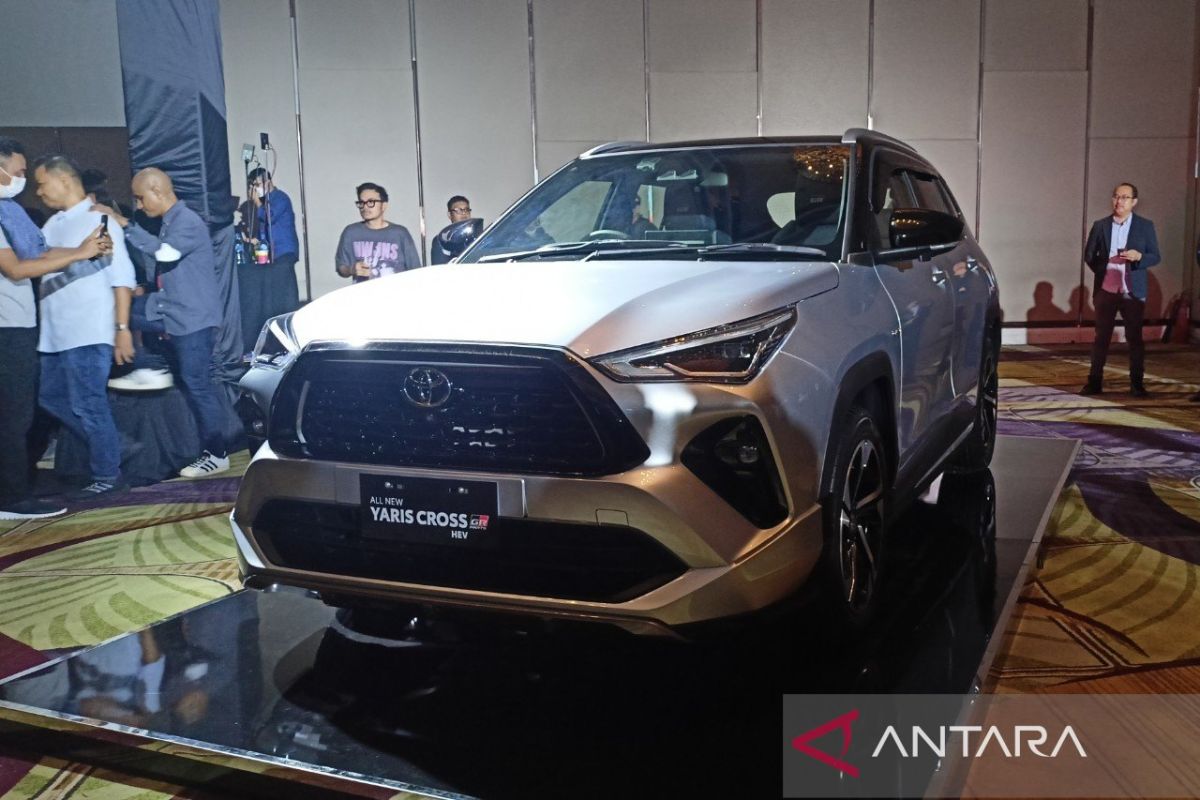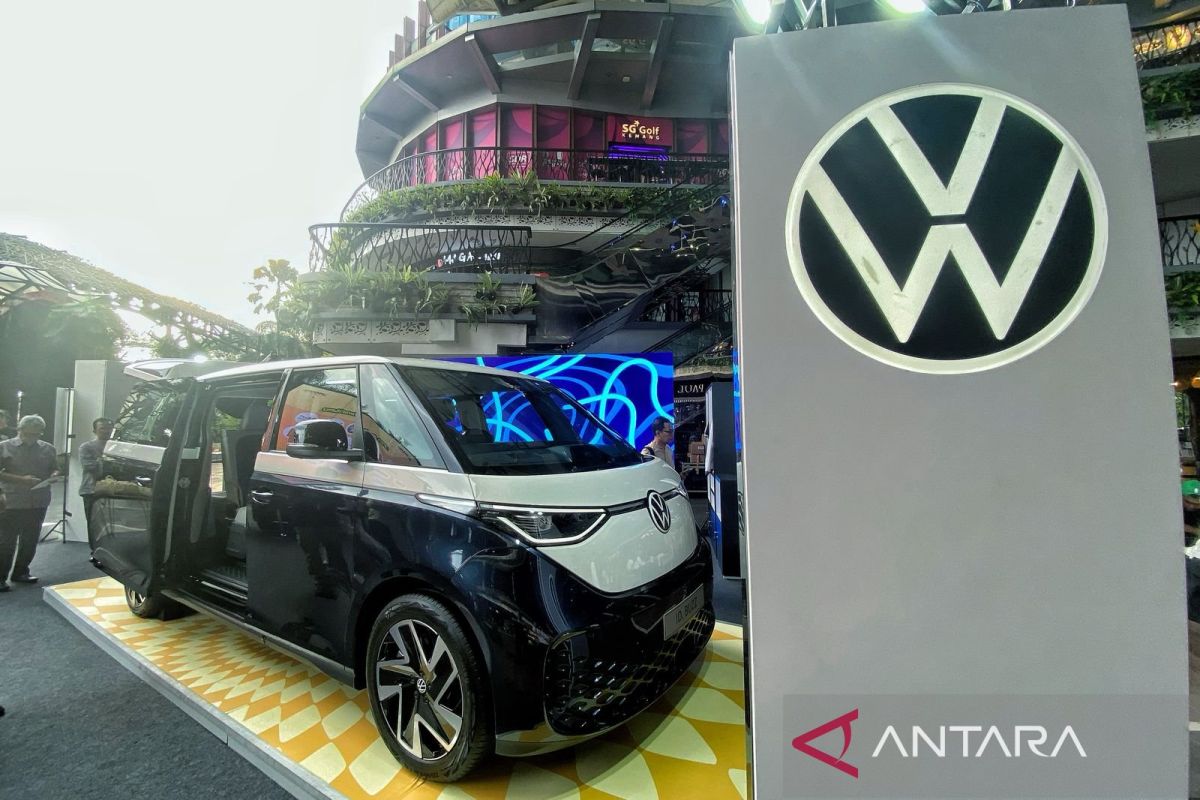
By: Mailinda Eka Yuniza and Jonathan Abram Dewanto, Universitas Gadjah Mada, Yogyakarta, Indonesia.
The United States has partially reversed course on its sweeping ‘Liberation Day’ tariffs announced by President Donald Trump by lifting global duties on selected critical minerals. The move is hardly surprising. Such materials are vital to the American economy, with applications in everything from smartphones to guided missiles. A subsequent amendment to the order widened the exemptions to include smartphones, computers and some other electronic items which depend heavily on critical minerals as input materials.
That tweak, in effect, boosts America’s access to these resources—and makes their global availability even more strategically sensitive.
Countries rich in such minerals now find themselves with renewed leverage. China, which produces around 90 percent of the world’s rare earths and is a key supplier to the US, promptly responded by suspending exports of a wide range of critical minerals. Indonesia—which holds 34 percent of global nickel reserves—has hinted that it may use its critical minerals as a bargaining chip in response to the tariffs.
Such bargaining power is not just hypothetical. Both China’s and Indonesia’s restrictions are cited as non-tariff barriers in the United States Trade Representative’s latest National Trade Estimate Report on Foreign Trade Barriers.
Washington and Jakarta recently signed a document on the “Treatment of Information Related to Bilateral Agreement on Reciprocal Trade, Investment and Economic Security”. Though the details remain confidential, previous pledges for cooperation within the critical mineral supply chain suggest possible cooperation on critical minerals.
Indonesia, for its part, is now weighing its next move. It faces a familiar dilemma: whether to press its short-term advantage or stay the course on its long-term industrial ambitions. Using mineral exports as a bargaining chip risks prolonging trade talks with America. Unlike China, a major economic power that can afford to redirect its exports elsewhere, Indonesia doesn’t have the same flexibility. As a developing economy, it may not be able to endure the financial hit of extended tariffs.
That’s likely why Indonesia has so far taken a more cooperative stance. The government has already promised concessions to meet US demands. These include lowering import quotas and reducing local content rules for US electronic products—moves clearly aimed at ending the trade conflict quickly.
And with good reason. The tariffs have battered some of Indonesia’s biggest export sectors such as textiles, electronics and footwear, all of which are heavily reliant on the US market. Officials have acknowledged the damage, particularly to the textile industry, and promised to factor it into negotiations.
But short-term fixes come at a cost. The risk is that Jakarta may sacrifice its long-standing policy of “downstreaming”—that is, processing mineral resources at home rather than shipping raw ores abroad. Easing local content rules for electronics may pave the way for similar demands on critical minerals. The Americans, after all, have strategic as well as economic reasons for wanting secure supplies especially amid rising tensions in the Middle East.
A more open trade deal with America could undermine a policy Indonesia has spent years developing. Since 2020, Indonesia has pushed hard to keep its mineral ores inside the country to boost domestic processing in line with Law No. 3 of 2020 on Mineral and Coal Mining. The government has invested heavily in domestic processing, backing new state-owned firms like Danantara and pushing back against the EU over its mineral export restrictions. Reversing this stance now would squander years of effort and vast investments.
So what are Indonesia’s options?
The bilateral route
One possibility is to revive the long-dormant Trade and Investment Framework Agreement (TIFA) with the United States. This could provide a formal structure for trade talks and help avert further disputes. However, this path is not without complications. The US is likely to push for greater access to Indonesia’s critical minerals as part of any renewed agreement. Signs of this have already emerged in recent trade talks, where Indonesia expressed willingness to deepen cooperation on critical mineral supply chains though the scope and mechanisms of such cooperation remain unclear.
Crucially, Indonesia’s current legal framework still upholds a strict ban on the export of unprocessed mineral ores. Therefore, any agreement that would significantly expand US market access to these resources would likely need substantial legislative and regulatory reforms. In short, if the US presses for broad market liberalisation in this sector,
Indonesia would need to undertake structural policy changes that go beyond mere diplomatic commitments.
Alternatively, Indonesia could double down on regional trade. That effort is already under way. President Prabowo Subianto recently met Malaysia’s Prime Minister, Anwar Ibrahim, to discuss strengthening ASEAN economic ties. The broader mood is shifting too. After America unveiled its tariffs, China, Japan and South Korea convened their first trilateral summit in four years—possibly signaling a pivot towards greater intra-Asian trade. The European Union, meanwhile, has responded with its own set of tariffs, which could push more EU trade away from the U.S. and toward other regions.
While no one can predict the future, one thing is clear: businesses need stable trade rules. If uncertainty from US policies continues, many countries may choose to trade more within their regions. But if this continues, the world may move further away from global cooperation (multilateralism) and closer to a system where only certain groups of countries work together (plurilateralism).
In a world that has spent the last two decades advancing globalisation under the framework of the World Trade Organization, this pivot toward regionalisation risks undoing much of that progress—replacing long-term multilateral commitments with short-term, pragmatic alignments.
Originally published under Creative Commons by 360info™.
*) DISCLAIMER
Articles published in the “Your Views & Stories” section of en.tempo.co website are personal opinions written by third parties, and cannot be related or attributed to en.tempo.co’s official stance.
Why US-China Trade Talks May Not Lead to a Comprehensive Deal
32 menit lalu

If US pressure China to free-float yuan, increase market access for its companies & go for full capital account convertibility, trade deal is unlikely
Beyond the Trade Deficit: The Real Risks of Trump's Tariffs
47 menit lalu
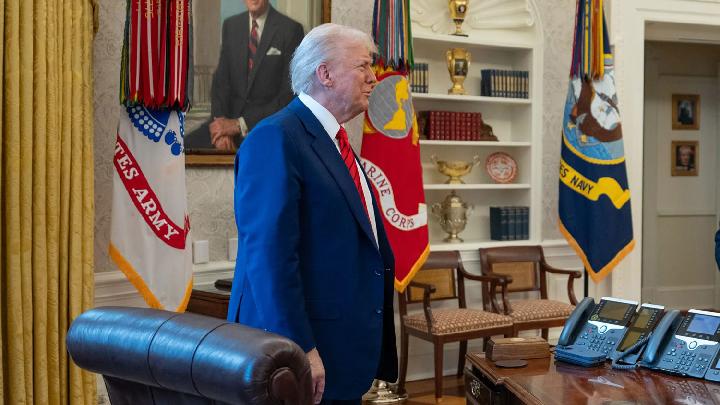
U.S. tariffs under the Trump administration sent shockwaves through global trade.
Countries with Projected High Economic Growth in 2025; How About Indonesia?
12 jam lalu

While some countries experienced slower economic growth in the first quarter of 2025, others are projected to see rapid expansion.
Indonesia Boosts Medical Device Exports to the Philippines
1 hari lalu

Indonesia and the Philippines are strengthening bilateral cooperation in the health sector through the IPBHF 2025 held in Davao City from May 15-16.
Why is Indonesia Last Out of 122 Countries in Trade Barriers?
1 hari lalu

The Tholos Foundation positioned Indonesia at the very bottom, ranking 122nd out of 122 countries in the International Trade Barriers Index for 2025.
A Guide to Sending Hajj Souvenirs to Indonesia
1 hari lalu

Want to send souvenirs from the Hajj in Saudi Arabia to Indonesia? Check out the complete guide for shipping the items below
UAE's Ayedh Dejem Group to Invest in Indonesia's New Capital
1 hari lalu

Indonesia's new capital, IKN Authority, claims that the company from the United Arab Emirates, Ayedh Dejem Group, is committed to investing
Prabowo Pushes for Indonesian Fruits and Seafoods to Enter Australian Market
2 hari lalu

President Prabowo also seeks to collaborate with Australia in Indonesia's agricultural and fisheries industries.
Prabowo Invites Albanese for Horseback Riding in Hambalang
2 hari lalu

Indonesian President Prabowo Subianto offers Australian PM Anthony Albanese a 2-3 week vacation in Hambalang
Argentina Offers Beef Exports to Indonesia
2 hari lalu
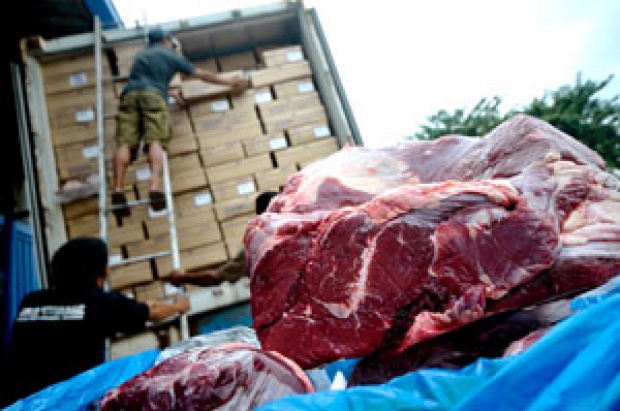
There are three aspects that the government considers in responding to Argentina's beef export proposal. What are they?












